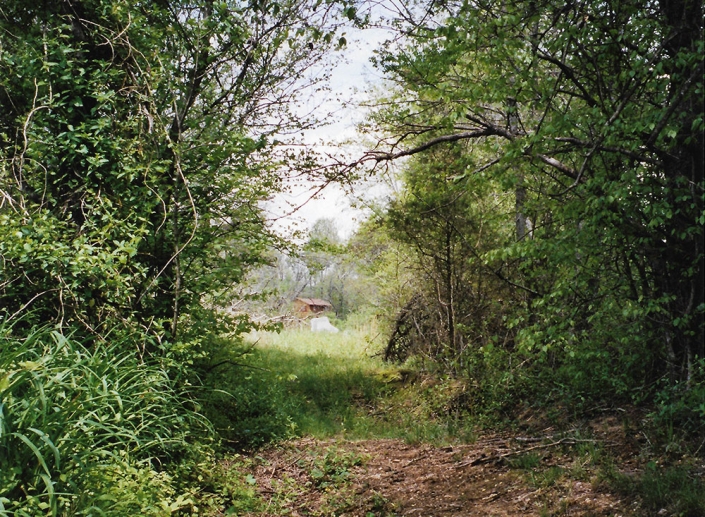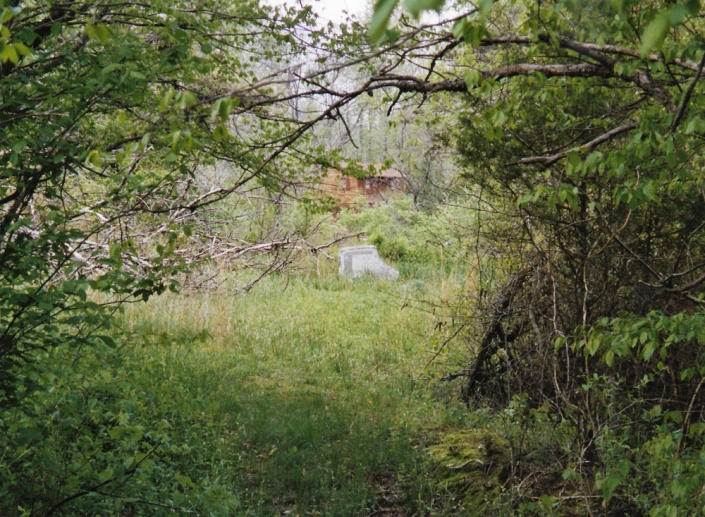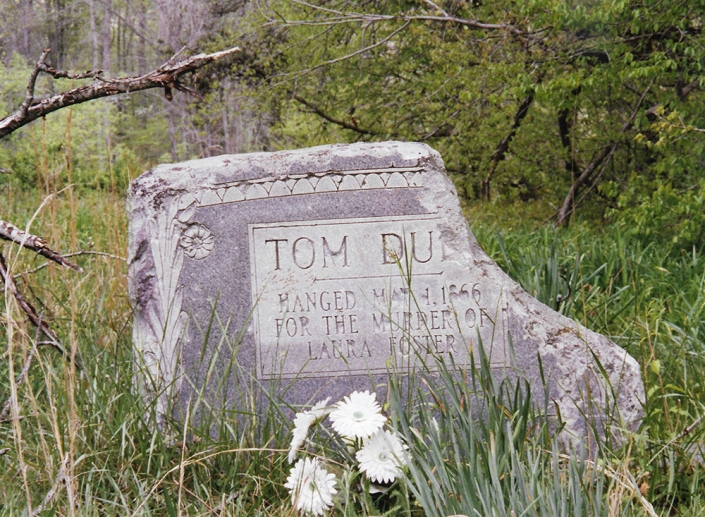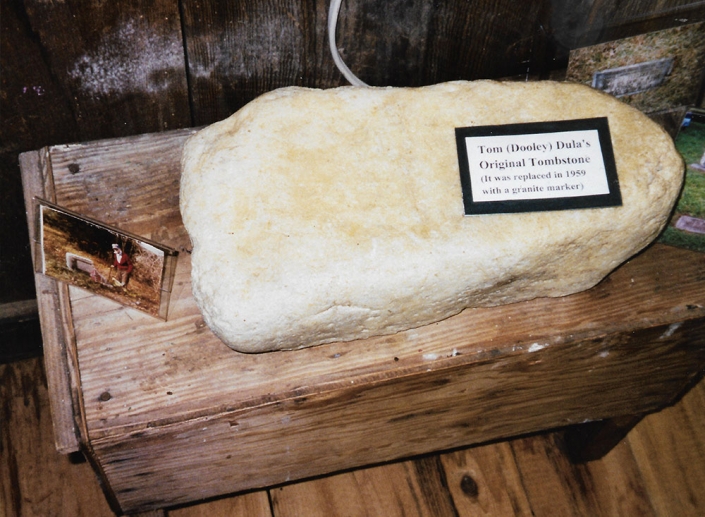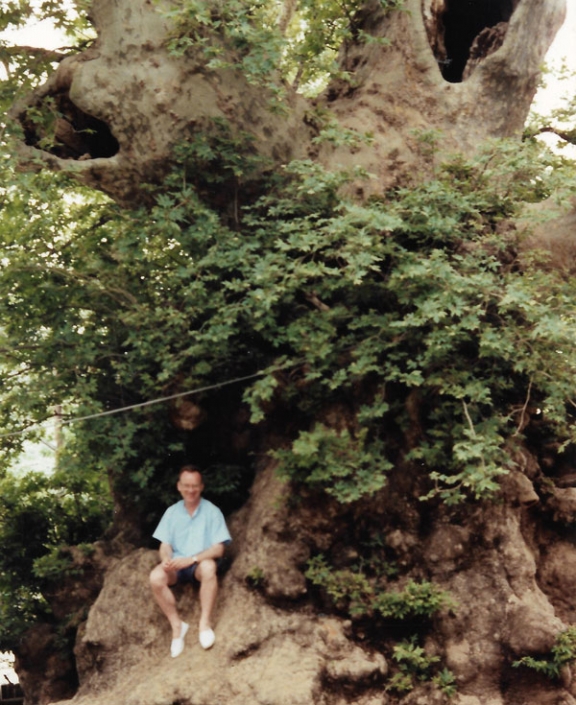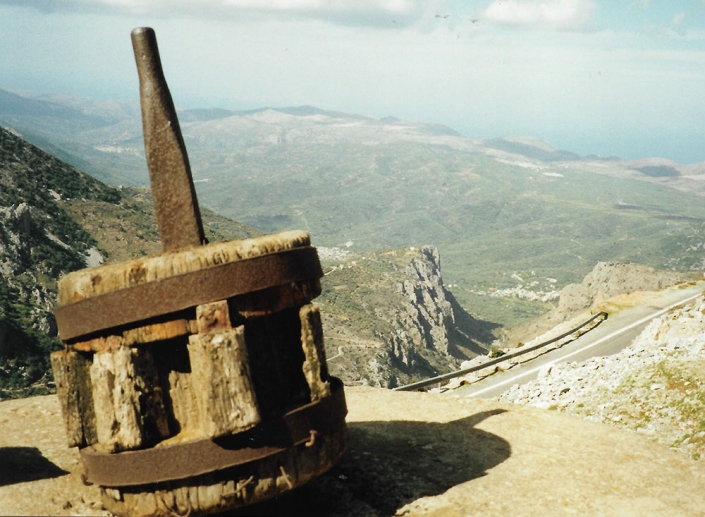Opportunities Neglected Can Never Be Recovered
I was born with an itch on the soles of my feet. To some it’s a curse but I see it as a gift from my maker(s).
Thankfully, Bren and I both share that same tug that restless wanderlust brings. I guess some would say we’re just naturally inquisitive. When that leads us off the path well-travelled it can turn into a real voyage of discovery – and we’ve had plenty of those that delivered hugely rewarding and joyful experiences.
A wise old sage with many miles of adventure behind him once told me that the best course to adopt if ever faced with a challenge that might seem potentially tricky or cause others to feel pangs of apprehension – the unknown – was to proceed with eyes, ears, mind and heart all wide open. That was sound advice that has been heeded, and resulted in immense experiences.
I have learned to follow gut instinct and “signs” that get thrown up from time to time as if to test if you are paying attention.
A few examples to illustrate the point:
While on a press trip with a group of other writers to KwaZulu-Natal, as we drove around with the windows of our mini bus open to let a breeze drift through, everywhere we went, we would catch wafts of the gorgeously evocative aroma of Imphepho. This is the dried herb, Helichrysm, which is used by the Zulu people to purify and cleanse their homes, and occasionally employed by the Sangoma of the tribe to chase off evil spirits just as Asian Shamans or Native Americans might use Sage.
I wanted to see if I could buy some to take back home, but it’s not the kind of product that’s available through any conventional High Street outlets.
On my last day in Durban, I went to the reference room of the main library to do some research and print off something to produce in case any awkward questions were asked when I arrived back in the UK; something to support my indignant defence of “No, officer, this is not weed!”
It transpired that the only place I could source any was at the Asian Market, a sprawling bazaar that had been in existence for close on eighty years where shoppers went to find everything under the sun from exotic to the bizarre and “very unusual.”
It was here that the “witch doctors” would go, said a concerned concierge when I enquired at our plush hotel reception area for advice on how best to get there.
He cautioned me not to venture anywhere near it as to do so might place me in some danger. “There are pickpockets,” he warned, “please, sir, do not go.”
If my mind was made up before I even approached the front desk, I now became resolute. These safe, twee hotel refuges where the rich and famous are mollycoddled and shielded from reality are not where I’d choose to hang out.
Translator
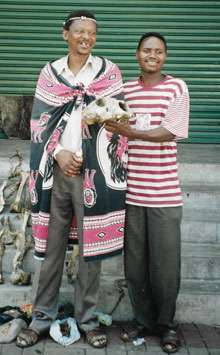
Sangoma Michael Duma who is now passing on his skills to another young Nyanga (apprentice)
I asked our German guide who was fluent in Zulu, if he would accompany me to help out as my translator, and he agreed to drive me there and stay close by.
This is the kind of place where those who make magic potions from the selected roots, berries and leaves of plants with special properties, maybe elephant toenail clippings or the spleen of a snake, would seek out the ingredients they need. “Eye of a newt and toe of a frog times ten,” ran through my head on arrival. It was a full-on assault on all of the senses.
Straight away, I saw a Sangoma standing by the open tailgate of an estate car with the back seat folded flat and a cloth laid out over the surface. As in juju traditions he was “throwing the bones” – a collection of small precious objects including talismans, luck stones and charms that he employed to give a personal reading, and there was a long queue of customers eager to take advantage of his skills.
I waited on the sidelines and, engrossed, watched him at work and wondered…
Making sure not to intrude, I waited until he had served his last customer then asked my companion if he would shoot some questions his way and explain that I was a journalist from the UK who was intrigued, almost mesmerised by what I had been witnessing.
Did he learn his craft from an elder or was this a gift he had inherited from an earlier generation, passed down through his genes?
His response completely floored me and confirmed, yet again, that the advice I had been given all those years before had once more served me well.
His name was Michael Duma, and he had quite a tale to tell!
He said that as a young boy, he worked on a farm that was owned by people with British connections and that one of the foremen was “a Scottish gentleman” with red hair and a beard to match. He was kind and so well liked by all of the Zulu people who worked the land with him that he was able to befriend them and had learn their language and ways.
This well-liked Scot took a shine to young Michael and when he was old enough to take on greater responsibilities, gave him enough money to start up a little business selling ice cream from a trolley on the street.
It worked out well and gave him a good start in life and when he became a young man, he helped him out again, this time sending him on the path that he was still on to this day.
One of the Zulu community that the Scot had befriended was a Sangoma, and over the years, this ginger-haired benefactor had shown so much interest in his practices and traditions, that he learned all of his secrets which were willingly shared.
Sparkled
“He taught me all I know, and here I am today,” he said, smiling so broadly that the teeth he still had to call his own sparkled in the sunlight.
I shook his hand firmly, shook my head too, and turning to my guide, said: “they tried to hold me prisoner in that hotel, and look what I would have missed had I not come here. One of my countrymen taught a Zulu how to become a Sangoma!”
Up in the Blue Ridge Mountains of western North Carolina, I took another chance when strongly advised against it.
In the late 1950s I was intrigued by the story of Tom Dooley and knew all the words of the song that became a hit single for The Kingston Trio. When we visited NC in 2006, I spoke to the editor of the local newspaper, The Record, and learned about a recent “Tom Dula (his real name) Is Innocent” campaign that had hit the headlines and been set up by people who were keen to clear his name.
I thought it would make a good story for the folks back home, so became determined to find Dooley’s grave, despite being advised it would be almost impossible to locate as it had not been tended for many years, was overgrown by nettles and bramble bushes AND was on private property with “Trespassers Will Be Shot” signs posted in the trees to deter snoopers.
I weighed up the ifs and buts, decided to press ahead with the quest regardless, and reminded myself that as just about
everyone who lived in these hollers – around Ferguson County – had either Scots or Irish ancestry, I should feel confident that if confronted, I could without much difficulty, talk my way out of a tight spot.
Off we went to scour the countryside around the general location I had been given.
After a couple of hours of searching, we found a heavily-overgrown track, and saw the bright yellow warning signs attached to every second tree. We whacked down weeds that were two feet tall and trampled thorny brambles that tried to snag our ankles and hold us from going any further.
Then, after quite a trudge, we saw a corner of the grey granite headstone glinting in the sunlight. It felt like a Eureka moment!
As we drew closer we found to our dismay that much of the gravestone had been chipped away by souvenir hunters who, not content to take a photo as their “I was here” proof, wanted something as a more macabre memento.
It was sad enough that this man might have been hanged for a crime he didn’t commit but shocking that thoughtless people had defaced the monument to one of the great characters of the Old West, engaging in criminal behaviour themselves.
It occurred to me that the disapproval encountered when I made it known that I wanted to try and find the burial spot most likely came from a feeling of deep embarrassment in the community of church-going people who knew the condition the gravestone was in and simply didn’t want me to go there.
“Hang down your head, you vandals” ran through my mind as we quietly retreated.
Lighter
There have been much lighter episodes too, though, particularly on the island of Crete, where we could quite happily spend the rest of our days and know that we were in the best of company.
We hit the road early one beautiful May morning while holidaying there, to head up into the mountains and go where few tourists venture. By mid-morning we were starting to think of lunch and keeping an eye open for the right place to stop for a bite to eat. In Crete, if you strike it lucky, you will find a little homely haven that’s little more than a room added on to someone’s house – rustic and simple with no menu, just what’s in the oven or the pot that day.
We saw a sign that pointed down a rough track through the trees that said Taverna. It didn’t look at all inviting but, following our instinct, committed to having a look-see, allowing the tall grass growing in the middle of the path to rub the sump clean as our rented car crawled slowly towards our goal.
The road opened out into a patch-of-grass-covered car park that led to a wooden shack. There were no other cars – or people – but, alerted by the sound of our engine, a woman came out and, keen for our business, made “welcome” gestures and urged us to stay even though it looked as if the place wasn’t even open for business. She set out a table in the open air, all the time chattering away and animated with hand gestures to emphasise every point she was attempting to convey. She clearly had something she needed to get off her chest.
Then, she disappeared inside and was away for ten minutes before re-emerging with a young man by her side. He was bleary-eyed but spoke to us in English.
“She would like me to look after you,” he said, “and is grateful you arrived, as it gave her an excuse to waken me!”
“You must forgive me. I was up all night playing cards with some friends, and probably had a little too much to drink. My mother has been giving me a piece of her mind!”
It turned out that his mitéra had been busy in the kitchen from daybreak, and when the food arrived, it was as good a feast as you would ever encounter by chance, and the epitome of hearty Greek home cooking. We followed a path that others would maybe have avoided and it led to another joy-filled encounter.
On another occasion, we had a similar experience by pulling up at a simple little roadside taverna that was sun-bleached in that faded blue and white distempered style. It was not the kind of place that would attract the average tourist, and there were no signs set out to encourage any interest, but seemed, by the vehicles that were parked on the roadside verge, that maybe local people liked to eat there. As it had just turned 2pm, we thought we might be chancing our luck but enquired if they were serving food. Yes, they said – take your pick – we have rabbit and we have beans.
Terrace
We ordered two helpings of each and were then delighted to be ushered onto the most idyllic terrace at the rear, completely open to the elements, with vistas out to the ocean, which lapped up over a pebble beach just feet away. The tables were sheltered and shaded by the canopy of a Pepper tree, to give scatterings of dappled sunlight with the breeze. We could happily have sat there for evermore.
After we polished off the superbly cooked food, they invited us to sample some skliró tyrí (hard sheep’s milk cheese). We were in heaven.
As regular customers began to disperse, we got chatting to the owners who were pleased to learn that we were from Scotland. It turned out their oldest son was married to a Glasgow lass, and they had set up home in Bishopbriggs, where he worked as a tile fitter and also took commissions for mosaic panels. He would telephone them from time to time and confess that he missed some of his home comforts.
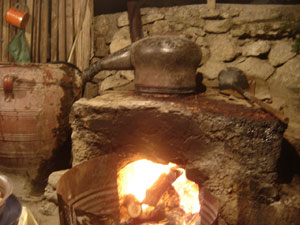 We said we would be delighted to take him a taste of home back and arrange to meet up to hand the gift over. What he missed most, they volunteered, was the home-made Raki, pure still-produced alcohol that delivers the kick of a mule and is taken as a shot, like Schnapps.
We said we would be delighted to take him a taste of home back and arrange to meet up to hand the gift over. What he missed most, they volunteered, was the home-made Raki, pure still-produced alcohol that delivers the kick of a mule and is taken as a shot, like Schnapps.
No, he wouldn’t thank us for a bottle from the high-end liquor store with fancy label and brand name made up by slick marketing men. He longed instead for a fix of the Real McCoy, produced by men and women with the dirt of an honest day’s labour under their nails. We had seen the under-the-counter “hooch” on sale in a little shop tucked in behind Crete’s oldest tree (2000 years and still in good shape) in the centre of Krasi. They were served up in recycled plastic water and ketchup bottles. Knowing where to source that which he desired, on our final day, we drove there to capture some and tuck it safely away in our hold luggage for the trip back home.
We phoned him on our return to say we had enjoyed lunch with his mum and dad and had a gift from them which we’d like to deliver when it was convenient. In typical Greek style, he invited us to his home for a meal and we had a splendid night in their company, and saw the genuine delight as his face lit up when we handed over his precious gift.
Very often it’s the unplanned experience that ends up giving you the biggest surprises and warmest memories.
Take a chance and stay positively charged. It invariably pays off.


